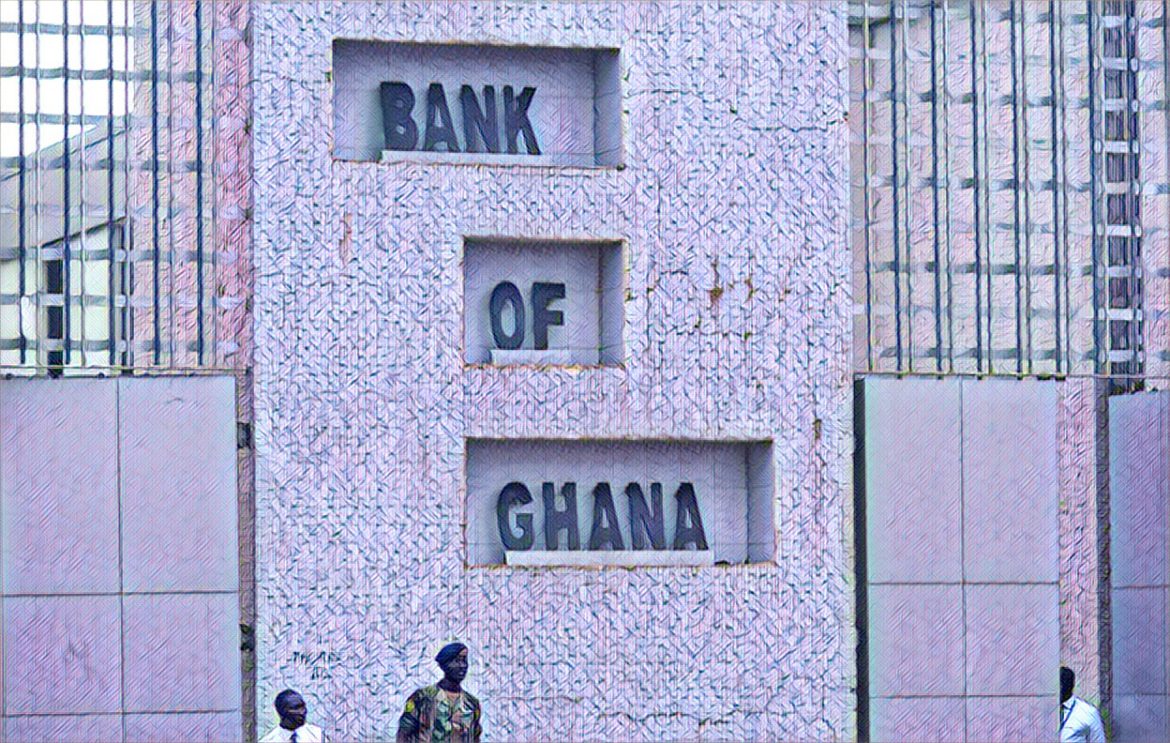According to a BBC report, Ghana’s central bank is facing a severe financial crisis after losing about $5 billion in one year. The bank’s losses are equivalent to 10% of the country’s GDP and have raised questions about its credibility and competence.
The BBC report, based on an internal audit of the bank, revealed that the bank printed money illegally to lend to the government, leading to currency depreciation and crippling inflation. The report also exposed the bank’s lavish spending on travel and a new office building while the country struggled with economic hardship.
The bank’s governor, Dr Ernest Addison, has denied the charges of mismanagement and blamed the losses on external factors, such as a fluctuating exchange rate and non-payment of loans by state institutions. He also said that the government’s decision to borrow $700 million from the bank and not pay it back in full contributed to the crisis.
However, many experts and analysts have criticized the bank for its lack of transparency and accountability and its failure to adhere to its own rules and regulations. The bank is supposed to limit its financing of the government to 5% of the previous year’s fiscal revenue, but it exceeded this threshold by printing billions of cedis without reporting to parliament.
The bank’s losses have also undermined its moral authority to supervise Ghana’s commercial banks and damaged confidence in the country’s financial system. The bank is under scrutiny from both within the country and the International Monetary Fund (IMF), which provided Ghana with a $3 billion bailout earlier this year.
Ghana is a major cocoa and gold exporter, but it has been hit hard by the global pandemic and the Ukraine war, which have affected its trade and revenue. The country also faces high debt levels, which have increased to $55 billion by September 2022. The country’s inflation rate has soared to a record high of 54% in 2022, and its currency has plummeted by more than 40% against the US dollar.
The economic crisis has devastated millions of Ghanaians, who are facing rising prices for goods and services, job losses, and difficulty finding affordable housing. A World Bank report last month estimated that 850,000 Ghanaians have drifted into poverty because of high inflation.
Despite the challenges, President Nana Akufo-Addo has vowed to turn the crisis into an opportunity to resolve the short-term and long-term structural problems that have plagued Ghana’s economy. He has also called for national unity and dialogue to overcome the difficulties and restore stability and growth.
Source: GhanaWeb





1 comment
legend slot 888 mang đến trải nghiệm cá nhân hóa sâu sắc, ghi nhớ sở thích người dùng để đề xuất những kèo cược thơm nhất mỗi ngày. (Tương tự cho đến đoạn 80, tập trung vào: app, mượt mà, dễ dùng) TONY02-26H